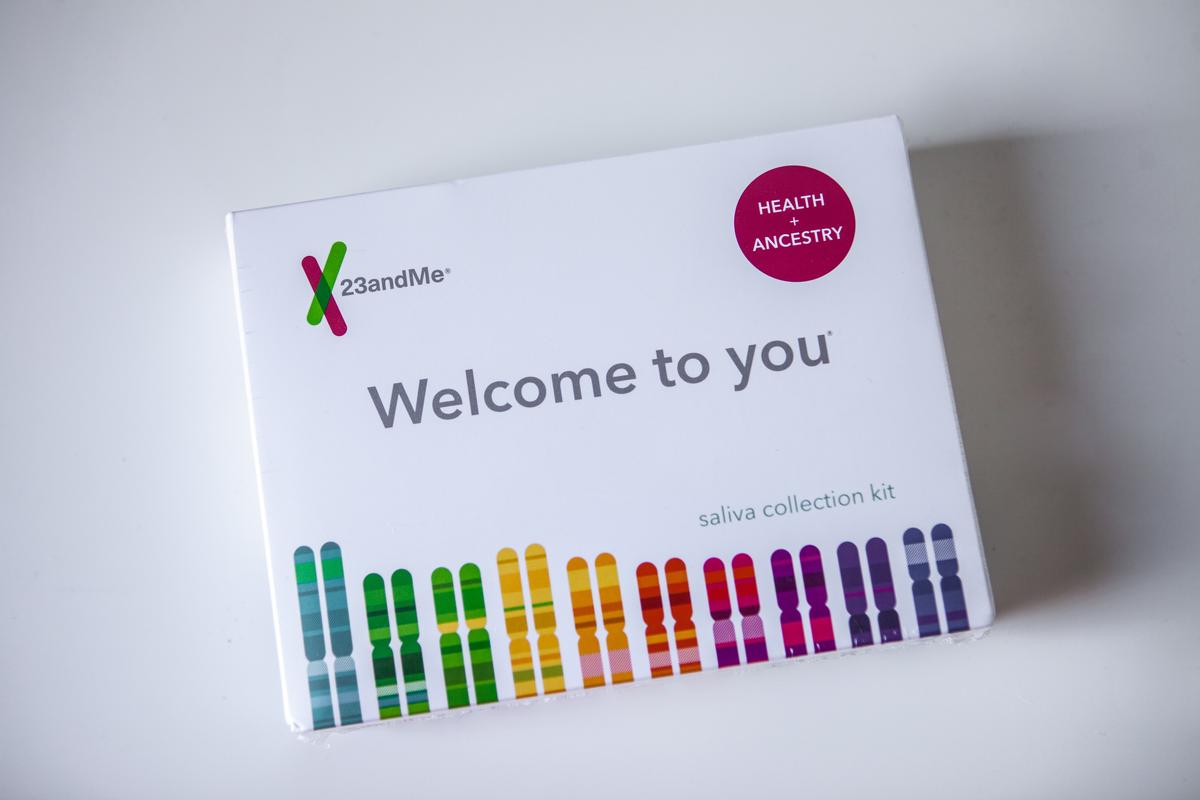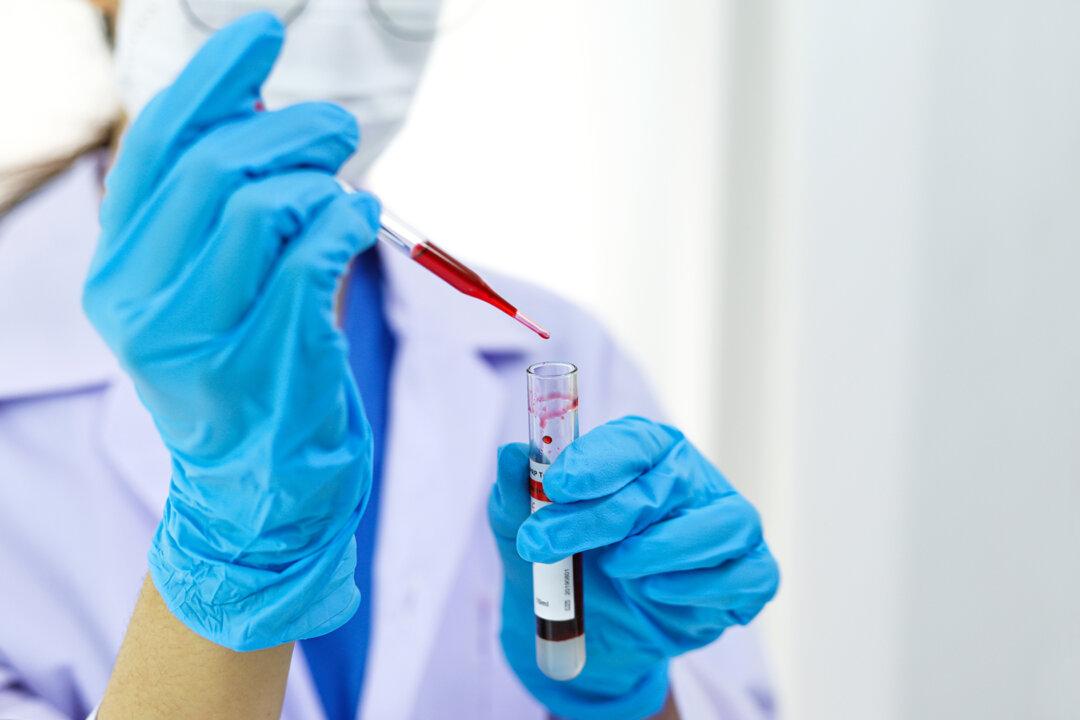Police in China’s Fuzhou City recently bragged about solving a break-in by conducting a DNA test of a blood smear from a mosquito that allegedly stung the burglar. However, the incident, which made global headlines, brings to the fore the threats associated with the exploitation of DNA databases.
The Chinese Communist Party’s (CCP) ambitious efforts to collect genomic data—from inside and outside of China—to solve crimes and maintain social control have already been raising concerns for years.

“That’s what this is, where you can actually take someone’s DNA … their medical profile, and you can target a biological weapon that will kill that person or take them off the battlefield or make them inoperable.”
Crow also talked about how people, especially young people, are not as concerned about privacy as the older generation, and would not hesitate to share their DNA with companies just out of the curiosity to learn more about their ancestry. “People will very rapidly spit into a cup and send it to 23andMe and get really interesting data about their background,” he said.
Human rights groups and scientists are worried about the CCP’s large-scale collection of DNA databases, and how the information could be used to persecute critics of the Chinese regime, and members of ethnic and religious minorities.
Forced Collection of Samples
The Chinese regime has also been collecting blood samples from minorities and religious believers such as Christians, Falun Gong adherents, Tibetans, and Uyghurs. Human rights experts are concerned that the data could be used by the CCP for forced organ harvesting.Minghui.org—a U.S.-based nonprofit organization that provides firsthand information on the ongoing persecution of Falun Gong in China—has been reporting for the past several years that blood and DNA samples are being forcibly collected from countless incarcerated Falun Gong adherents who refused to renounce their spiritual faith.
Falun Gong, also called Falun Dafa, is a mind-body self-improvement discipline based on the tenets of truthfulness, compassion, forbearance. The practice has been persecuted by the Chinese regime since July 1999.
Li Erying, a Falun Gong practitioner who fled China in 2019, recounted how police took her blood samples and linked the sample ID with her record. She also noticed that the police had detailed records of every Falun Gong adherent, including their distant relatives.
Sayragul Sauytbay, a Kazakh who was teaching Chinese in the Xinjiang detention camps, told Ethan Gutmann—an award-winning China analyst, a human-rights investigator, and a 2017 Nobel Peace Prize nominee—that a health check is done every few months and certain people who have their names marked would disappear in the middle of the night.
The reason she gave: organ harvesting.




![‘Killing You Would Be the Same as Killing Ants’: Prisons Where Innocent Citizens Are Tortured [PHOTOS]](/_next/image?url=https%3A%2F%2Fimg.theepochtimes.com%2Fassets%2Fuploads%2F2023%2F12%2F09%2Fid5544114-Falun-DaFa-practitioner-1080x720.jpg&w=1200&q=75)